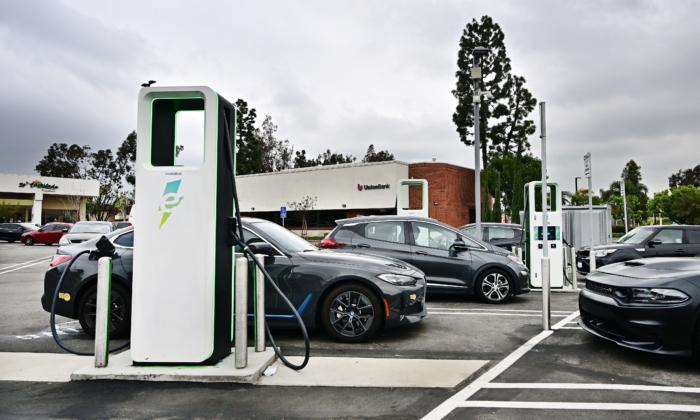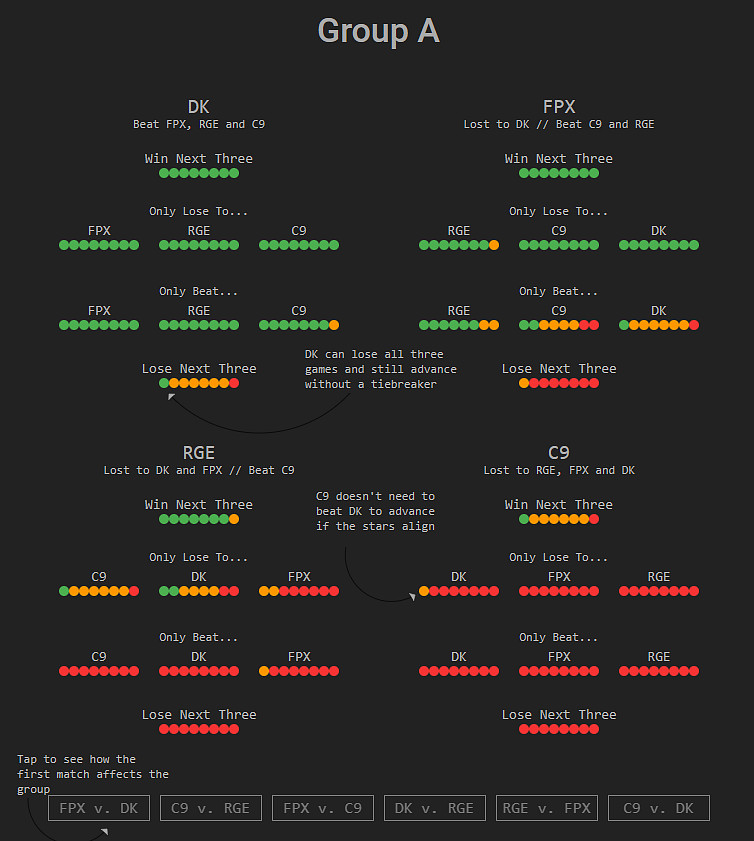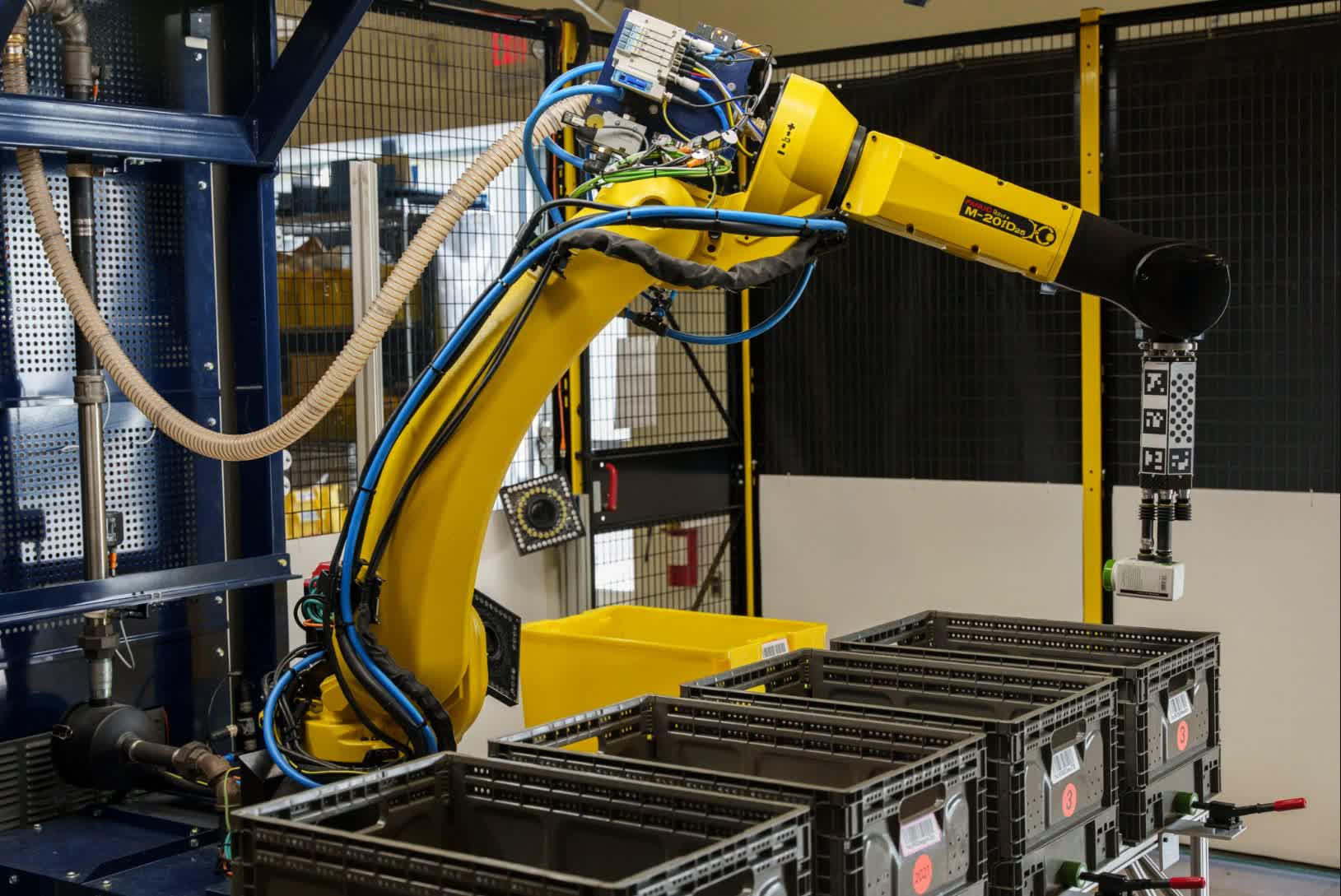Auto Dealers Double Down: Renewed Fight Against Electric Vehicle Mandates

Table of Contents
Economic Concerns Fueling Dealer Opposition to EV Mandates
The core of the auto dealers' opposition to electric vehicle mandates lies in significant economic challenges. The transition to selling and servicing EVs requires substantial investments and adaptations that many dealers find daunting.
Investment Costs and Infrastructure Challenges
Dealers cite the considerable upfront costs associated with EV infrastructure as a major hurdle. This includes investing in charging stations, specialized tools and equipment for EV repair and maintenance, and comprehensive employee training programs on EV technology. The expense is particularly burdensome for smaller dealerships and those located in rural areas. The lack of sufficient government support for infrastructure development in these underserved regions exacerbates the problem, hindering EV adoption and profitability for dealers.
- High cost of EV-specific tools & equipment: Specialized diagnostic tools and repair equipment for EVs are significantly more expensive than their ICE counterparts.
- Limited profitability on EV sales compared to ICE vehicles: Profit margins on EV sales are currently lower than those on internal combustion engine (ICE) vehicles, making the transition economically challenging.
- Need for substantial investments in charging infrastructure: Installing and maintaining adequate charging stations requires a significant capital outlay, which many dealers are hesitant to undertake without guarantees of sufficient return on investment.
- Uncertainty surrounding future EV technology and consumer demand: The rapid pace of technological advancements in the EV sector creates uncertainty about the long-term viability of current investments.
Impact on Inventory Management and Sales Strategies
Successfully navigating the transition to EVs necessitates a complete overhaul of inventory management, sales processes, and marketing strategies. Dealers are concerned about potential overstock of ICE vehicles if EV mandates are implemented too rapidly, leading to significant financial losses. Accurately predicting consumer demand for EVs is another significant challenge.
- Difficulty in predicting EV demand accurately: Fluctuations in consumer preferences, technological advancements, and government policies make it challenging to anticipate future EV demand with precision.
- Increased complexity in managing diverse vehicle types (ICE, Hybrid, EV): Dealers must now manage inventory, sales, and service for a wider variety of vehicle types, increasing operational complexities.
- Need for specialized sales training to address customer concerns and benefits of EVs: Sales staff requires retraining to effectively address customer queries about EV technology, charging infrastructure, and running costs.
- Potential for reduced profit margins on EVs compared to existing inventory: The current market realities indicate lower profit margins on EV sales, which could impact overall dealership profitability.
Concerns about Consumer Choice and Market Readiness
Beyond economic considerations, auto dealers express significant concerns about the impact of electric vehicle mandates on consumer choice and market readiness.
Limited EV Range and Charging Infrastructure
Dealers highlight the limitations of current EV technology, particularly the limited driving range of many models and the uneven distribution of charging infrastructure. This "range anxiety" significantly impacts consumer confidence and hinders mass EV adoption, especially in rural areas with limited charging options.
- Range anxiety impacting consumer confidence: Many consumers are hesitant to purchase EVs due to concerns about running out of charge before reaching a charging station.
- Uneven distribution of charging stations, particularly in rural areas: The lack of widespread charging infrastructure, especially in rural and less populated regions, restricts the practicality of EV ownership for many.
- Lack of fast-charging infrastructure: The availability of fast-charging stations is still limited, extending charging times and reducing convenience for consumers.
- Concerns about charging time and convenience: Charging an EV typically takes longer than refueling a gasoline car, which poses a significant inconvenience for some consumers.
The Impact on Vehicle Diversity and Affordability
Mandatory EV quotas could inadvertently lead to a reduction in the availability of affordable ICE vehicles, limiting consumer choice and potentially impacting lower-income consumers who may not be able to afford EVs. The current limited range of EV models and price points further constrains consumer options.
- Potential for reduced vehicle choices: A rapid transition to EVs could result in a reduction in the variety of vehicle types available to consumers.
- Increased prices on remaining ICE vehicles: Reduced demand for ICE vehicles due to mandates could lead to price increases on the remaining inventory.
- Limited affordability of EVs for many consumers: The higher initial cost of EVs makes them inaccessible to many consumers, especially those on lower incomes.
- Lack of diversity in EV models to cater to diverse consumer needs: The current range of EV models does not fully cater to the diverse needs and preferences of all consumers.
Lobbying Efforts and Alternative Solutions
Facing these challenges, auto dealers are actively engaging in lobbying efforts and proposing alternative solutions to mandatory EV quotas.
Industry Associations and Political Advocacy
Major auto dealer associations are actively lobbying against stringent EV mandates, advocating for a more gradual transition to EVs and flexible regulations that reflect market realities. Their efforts focus on collaborating with government agencies to facilitate a smoother transition.
- Collaboration with government agencies to facilitate a smooth transition: Dealers are working with government bodies to create policies that support a gradual and realistic shift towards EVs.
- Advocating for incentives to encourage EV adoption: They are lobbying for tax breaks and other incentives to stimulate consumer demand for EVs.
- Promoting infrastructure development: They advocate for increased investment in public charging infrastructure to address range anxiety and improve EV accessibility.
- Seeking tax breaks and subsidies for dealers investing in EV infrastructure: Dealers are seeking government support to help offset the significant costs of investing in EV infrastructure.
Proposed Alternatives to Mandatory Quotas
Instead of mandatory quotas, dealers propose alternative approaches that focus on consumer incentives and infrastructure development. They emphasize the importance of consumer education and technological advancements in promoting EV adoption.
- Investment in public charging infrastructure: Significant investment in public charging infrastructure is essential to alleviate range anxiety and make EVs more appealing to consumers.
- Tax credits and rebates for consumers purchasing EVs: Financial incentives can encourage consumer adoption of EVs by making them more affordable.
- Government funding for EV research and development: Continued government funding for EV research and development is crucial to drive innovation and improve EV technology.
- Educational campaigns promoting the benefits of EVs: Public awareness campaigns can inform consumers about the environmental and economic benefits of EVs.
Conclusion
The debate surrounding electric vehicle mandates is complex and far-reaching. Auto dealers' concerns about economic viability, consumer choice, and market readiness are substantial and demand careful consideration. While a transition to electric vehicles is inevitable for environmental reasons, a balanced and pragmatic approach is essential. A collaborative effort involving the government, auto manufacturers, and dealerships is crucial for ensuring a smooth transition to a future with broader EV adoption. Finding solutions that reconcile environmental concerns with economic realities will be key to the long-term success of the automotive industry and the satisfaction of consumers. To delve deeper into the nuances of this critical issue, continue researching the arguments for and against electric vehicle mandates. A thorough understanding of all perspectives is vital to navigating the evolving landscape of EV adoption.

Featured Posts
-
 Cesko Vs Nemecko Na Ms Porovnani Tymu A Sance Na Postup
May 16, 2025
Cesko Vs Nemecko Na Ms Porovnani Tymu A Sance Na Postup
May 16, 2025 -
 Catch Every San Diego Padres Game In 2025 Without Cable
May 16, 2025
Catch Every San Diego Padres Game In 2025 Without Cable
May 16, 2025 -
 Smart Betting Nba And Nhl Playoffs Round 2
May 16, 2025
Smart Betting Nba And Nhl Playoffs Round 2
May 16, 2025 -
 Top Baby Names 2024 Trending Names You Ll Recognize
May 16, 2025
Top Baby Names 2024 Trending Names You Ll Recognize
May 16, 2025 -
 Ai Powered Podcast Creation Turning Repetitive Scatological Documents Into Engaging Content
May 16, 2025
Ai Powered Podcast Creation Turning Repetitive Scatological Documents Into Engaging Content
May 16, 2025
Latest Posts
-
 Napadi Na Mediumite I Chistka Vo Sudstvoto Tramp E Vo Tsentarot Na Vnimanieto
May 16, 2025
Napadi Na Mediumite I Chistka Vo Sudstvoto Tramp E Vo Tsentarot Na Vnimanieto
May 16, 2025 -
 Silence On Ukraine Vance Presses Biden On Trump Administrations Russia Policy
May 16, 2025
Silence On Ukraine Vance Presses Biden On Trump Administrations Russia Policy
May 16, 2025 -
 Watch The Full Joe And Jill Biden Interview On The View
May 16, 2025
Watch The Full Joe And Jill Biden Interview On The View
May 16, 2025 -
 Vance Calls For Biden To Address Trumps Handling Of Russia Ukraine Relations
May 16, 2025
Vance Calls For Biden To Address Trumps Handling Of Russia Ukraine Relations
May 16, 2025 -
 Tramp A Zaostruva Retorikata Kon Mediumite I Sudstvoto
May 16, 2025
Tramp A Zaostruva Retorikata Kon Mediumite I Sudstvoto
May 16, 2025
